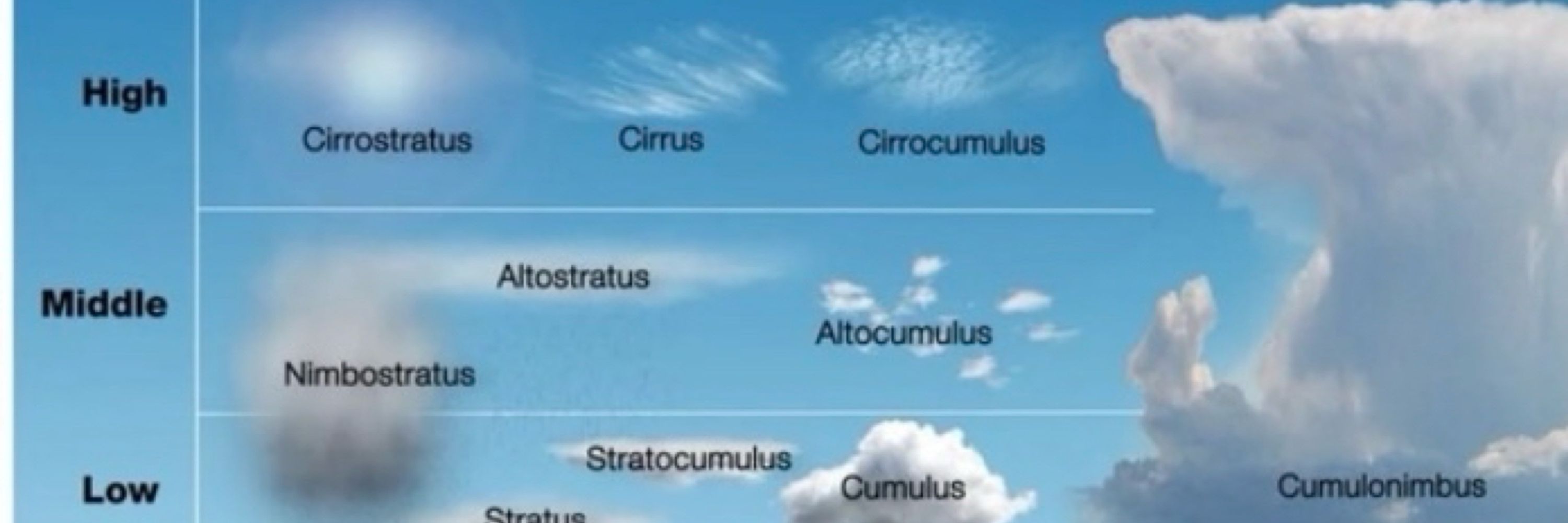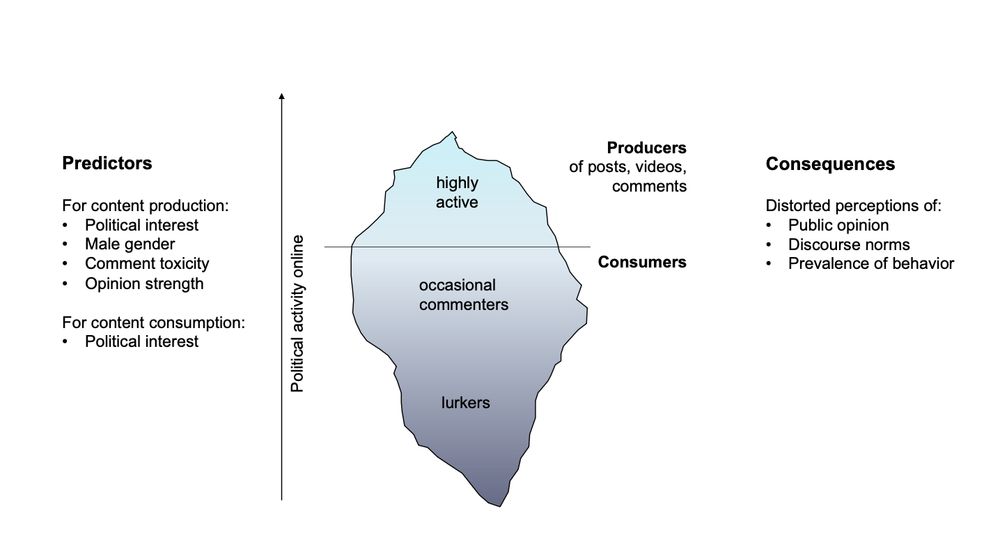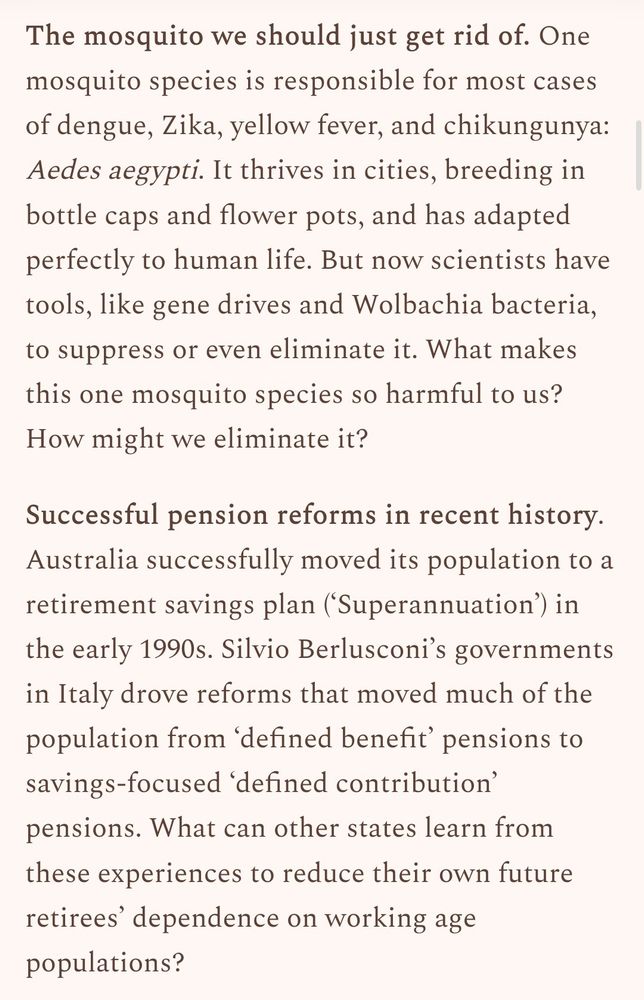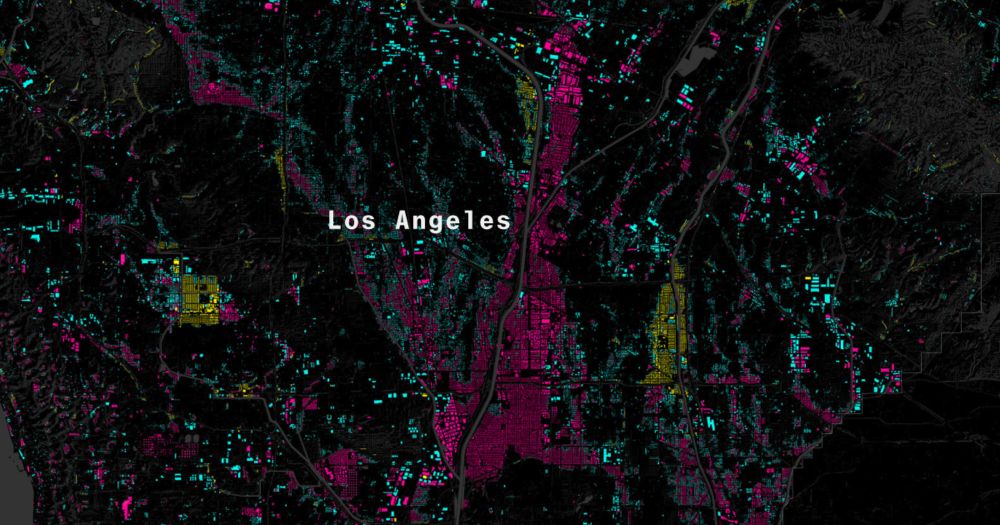
Honorary Research Fellow @UCL
*Sharing research and views in a personal capacity*
Toxic comments are more likely to be expressed, even though most people disagree with them, creating false norms.
osf.io/preprints/so...

Toxic comments are more likely to be expressed, even though most people disagree with them, creating false norms.
osf.io/preprints/so...
👉 Explore today: www.drawdown.org/explorer
@globalecoguy.bsky.social
#DrawdownExplorer #ClimateSolutions #ProjectDrawdown

👉 Explore today: www.drawdown.org/explorer
@globalecoguy.bsky.social
#DrawdownExplorer #ClimateSolutions #ProjectDrawdown
journals.sagepub.com/doi/pdf/10.1...
journals.sagepub.com/doi/pdf/10.1...
Join us on Monday 24th November 10am here:
us02web.zoom.us/webinar/regi...
Thanks to our hosts @susanmichie.bsky.social @behaviourresuk.bsky.social

Join us on Monday 24th November 10am here:
us02web.zoom.us/webinar/regi...
Thanks to our hosts @susanmichie.bsky.social @behaviourresuk.bsky.social
I gave a talk to the @nationalacademies.org last week about how social media fuels misperceptions and false polarization.
You can watch it for free here:
www.nationalacademies.org/event/45948_...

I gave a talk to the @nationalacademies.org last week about how social media fuels misperceptions and false polarization.
You can watch it for free here:
www.nationalacademies.org/event/45948_...






Here are 26 ideas of articles we'd like to commission.
www.worksinprogress.news/p/more-artic...




Here are 26 ideas of articles we'd like to commission.
www.worksinprogress.news/p/more-artic...
I gave a talk yesterday at the National Academies of Science, Engineering and Medicine about how social media distorts our perceptions.
It's not a mirror, it’s a false polarization machine where the most extreme voices on any issue dominate the conversation.

I gave a talk yesterday at the National Academies of Science, Engineering and Medicine about how social media distorts our perceptions.
It's not a mirror, it’s a false polarization machine where the most extreme voices on any issue dominate the conversation.
www.theguardian.com/society/2025...

www.theguardian.com/society/2025...

Unsure where to start?
Check out workonclimate.org
"Our experts help you navigate your path toward contributing to regeneration — and offer a way for you to do the same for others."

Unsure where to start?
Check out workonclimate.org
"Our experts help you navigate your path toward contributing to regeneration — and offer a way for you to do the same for others."
There's lot of mediocre climate films out there, but for me these stand out head & shoulders above the rest 🎞️
They make excellent resources for classrooms, lecture halls, or community cinema's 🎬
Thread:🧵Plz RT

There's lot of mediocre climate films out there, but for me these stand out head & shoulders above the rest 🎞️
They make excellent resources for classrooms, lecture halls, or community cinema's 🎬
Thread:🧵Plz RT
Watch what happens to dating around 2007...
Watch what happens to dating around 2007...
Watch what happens to dating around 2007...
Watch what happens to dating around 2007...
2 questions:
1 How might climate change affect these places?
2 Why might different data providers give you wildly different answers?
🧵: Bloomberg @bloomberg.com Green investigation (🎁🔗)
www.bloomberg.com/graphics/202...

2 questions:
1 How might climate change affect these places?
2 Why might different data providers give you wildly different answers?
🧵: Bloomberg @bloomberg.com Green investigation (🎁🔗)
www.bloomberg.com/graphics/202...
The proportion of NEETs inactive due to sickness or disability rose from 11 per cent in 2005 to 28 per cent in 2025 - almost one third of the total.
More➡️ buff.ly/kIei4lG

The proportion of NEETs inactive due to sickness or disability rose from 11 per cent in 2005 to 28 per cent in 2025 - almost one third of the total.
More➡️ buff.ly/kIei4lG
www.theatlantic.com/ideas/archiv...


www.theatlantic.com/ideas/archiv...

In a new paper, we introduce Bonsai, a tool to create feeds based on stated preferences, rather than predicted engagement.
arxiv.org/abs/2509.10776

In a new paper, we introduce Bonsai, a tool to create feeds based on stated preferences, rather than predicted engagement.
arxiv.org/abs/2509.10776
www.bbc.co.uk/news/article...

www.bbc.co.uk/news/article...


